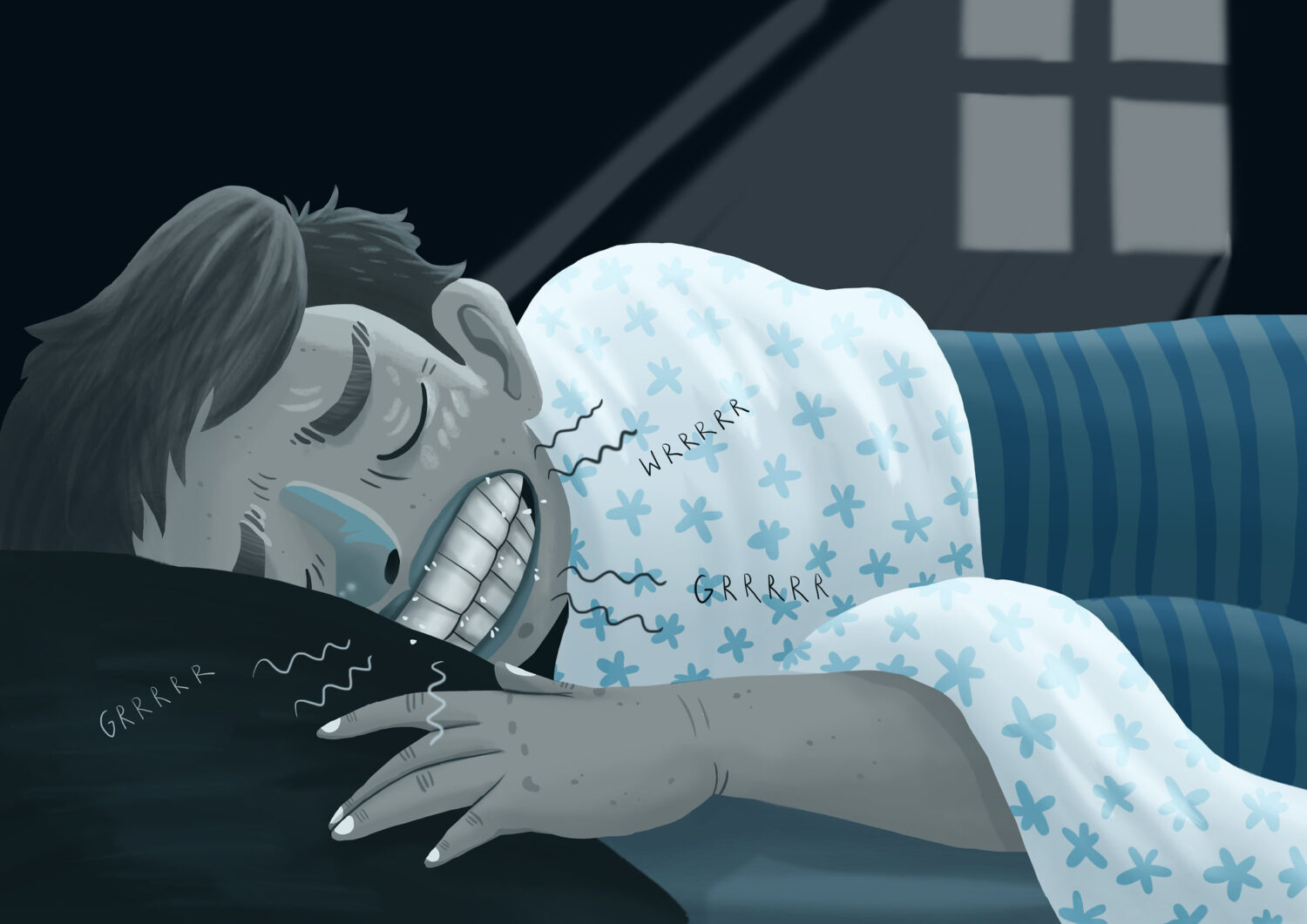
How to Tell If You Grind & Clench Your Teeth at Night
July 31, 2023 8:45 amHere are some common warning signs that you may be grinding and clenching your teeth as you sleep:
Jaw Dysfunction, Tenderness & Pain
The pressure of clenching and grinding stresses your jaw muscles and tissues. If you wake up with a sore or tender jaw, you’re likely clenching or grinding your teeth in your sleep. This discomfort can range from mildly annoying to debilitating. It can also contribute to temporomandibular joint dysfunction, called TMD.
Dull Headaches
The tension in your jaw and mouth area from clenching and grinding can spread to other areas of your head because your muscles and joints are connected. For example, you may feel tension in your temples, forehead, and neck. If you’re experiencing dull headaches, bruxism (which is the official name for chronic teeth grinding) could be the cause.
Plugged Ears & Ear Pain
Do your ears often feel oddly full or uncomfortable? Your jaw works like a hinge, and that hinge is right beneath your ears. If there’s a lot of tension in that area, it can affect your inner ear pressure. Your ears may feel plugged, itchy, and painful.
Worn & Damaged Teeth
As your teeth rub together, the surfaces wear down. Thin enamel means you are more likely to experience teeth sensitivity and a greater incidence of tooth decay. Grinding and clenching can even chip and crack your teeth! During an exam, we can spot these issues and determine whether you’re clenching and grinding at night.
Bruxism Treatment in Columbia, MD
Clenching and teeth grinding can cause a lot of problems! Thankfully, there are treatment options, like nightguards. A nightguard is a mouthguard you wear at night. The flexible plastic works like a cushion to protect your teeth from damage. Please contact EJM Dental Studio today to schedule a consultation with our team!
Image from Authority Dental under CC 2.0
Categorised in: Preventive Dental Care



